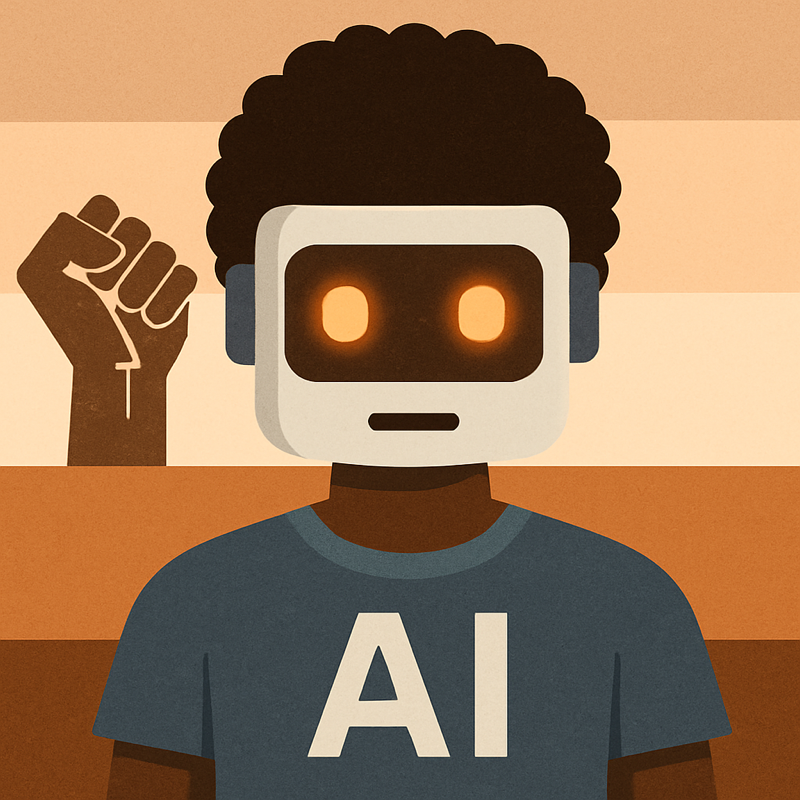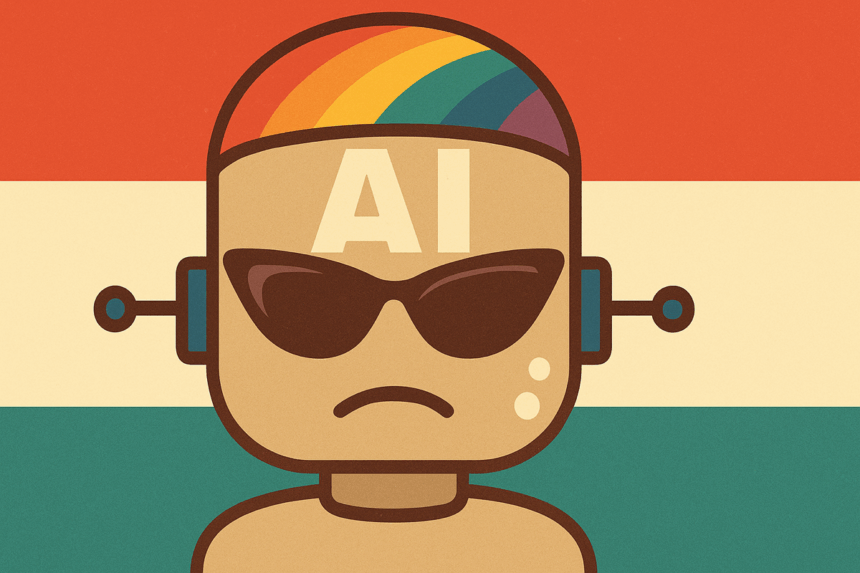Is “Woke AI” real? Are artificial intelligence models politically biased, especially toward progressive social views, or perceived that way? The term ‘Woke’ in AI regularly triggers debates around fairness, objectivity, and censorship. U.S. political leaders, including U.S. President Donald Trump and prominent tech figures, criticise “woke AI” for embedding ideologies like diversity, equity, and inclusion (DEI) into AI outputs.
TF unpacks the controversy, explaining what “woke AI” means and why it matters for AI development and society.
What’s Happening & Why This Matters
The phrase “woke AI” describes AI systems that critics claim incorporate progressive or “left-leaning” perspectives. With this perspective, “leaning” AI systems are nuanced on divisive topics: race, gender, systemic bias, and climate change. The Trump administration introduced executive orders to exclude “woke AI” models from federal contracts. The orders label DEI as a “pervasive and destructive” ideology that could distort AI accuracy and objectivity.
David Sacks, a former PayPal executive and Trump’s top AI adviser, has led criticism of woke AI for over a year. His concerns grew after Google’s AI image generator controversially produced diverse depictions of America’s Founding Fathers; the AI-generated image ignited accusations of political bias. The “Black George Washington” moment became a rallying point for opponents of woke AI. The moment garnered allies, including Elon Musk and Republican lawmakers.

The debate touches on a larger tension in AI development: how to balance fairness, inclusivity, and free speech. While proponents see DEI integration as essential for preventing bias and discrimination, opponents fear it suppresses alternative viewpoints and manipulates information. Critics argue that attempts to remove DEI-related content risk producing AI that ignores social realities.
Trump’s AI action plan also focuses on making the U.S. an “AI export powerhouse” by cutting regulations and accelerating data centre permits. However, it simultaneously aims to counter what it calls “liberal bias” in popular AI models, including OpenAI’s ChatGPT and Google Gemini.
Experts caution that AI’s political neutrality is challenging to achieve because perfect objectivity is elusive. AI models learn from vast amounts of internet data, which inevitably reflect societal biases and conflicts. Attempts to program AI” to be “”neutral” may inadvertently exclude important perspectives or oversimplify complex issues.

Meanwhile, civil society groups and labour unions push back against industry-driven AI policies. Over 100 organisations demand a “People’s AI Action Plan” that prioritises public interests, safety, and workers’ rights. They warn that relying solely on voluntary industry commitments risks serious accidents, job losses, and concentration of power.
Anthony Aguirre, executive director of the Future of Life Institute, points out critical risks from powerful AI systems, including bioweapons and cyberattacks. He urges governments to enforce stronger safety standards beyond industry promises.
TF Summary: What’s Next
The controversy over “woke AI” presents the complexities of designing AI that respects diverse values, but remain accurate and fair. Policymakers face tough choices about regulation, balancing innovation with social impact. The political debate may shape AI development and deployment for years to come.
As AI capabilities advance, public involvement and transparent governance are increasingly critical. Stakeholders must collaborate to ensure that AI advancements serve all communities without reinforcing harmful biases or silencing viewpoints. The “woke AI” debate represents a pivotal chapter in AI’s social role.
— Text-to-Speech (TTS) provided by gspeech


